“People have labels for women that you don’t have for men, things like ballsy, abrasive and stoic – I just see a powerful woman”: Kate Winslet, Ellen Kuras, Andrea Riseborough and Kate Solomon on Lee
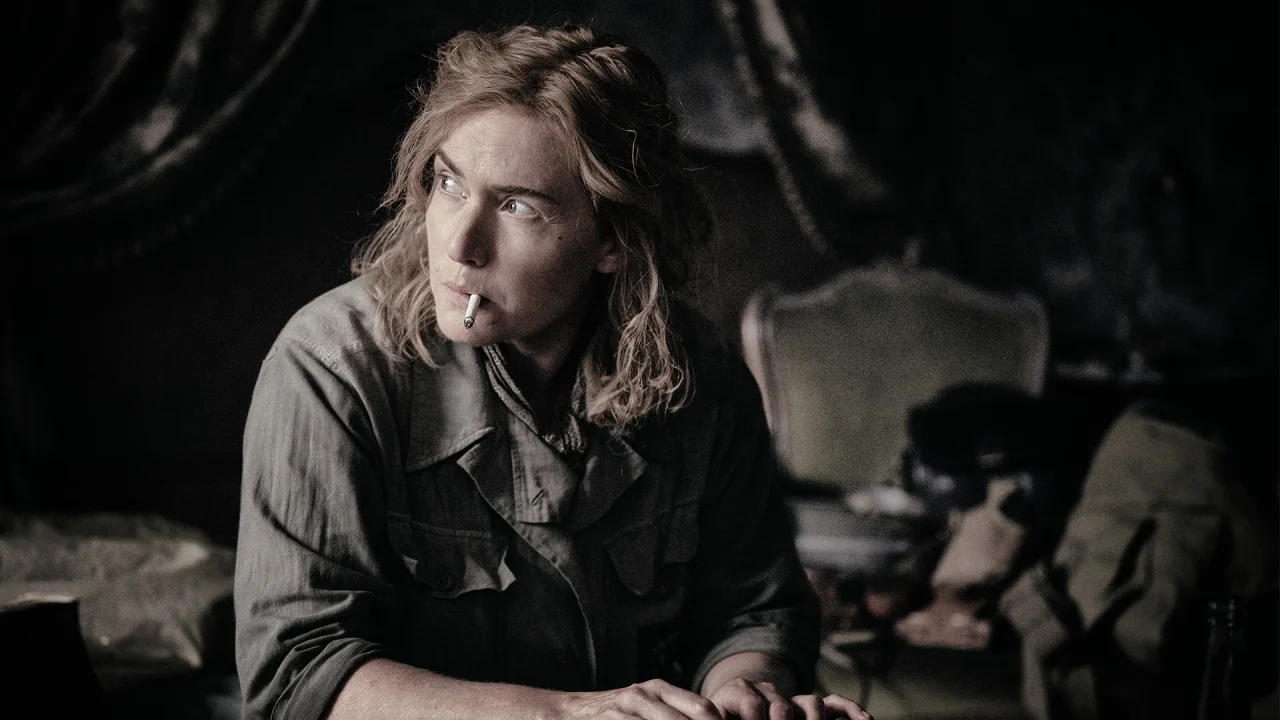
The idea of fashion magazines delving into politics and war atrocities was once considered radical in the time in which Kate Winslet’s film Lee is set. It’s a story that follows an extraordinary woman who bravely stationed herself amidst the roaring chaos of WWII, taking photographs to uncover hard-to-swallow truths for readers of Vogue Magazine. During the London press conference for the independent feature – attended by Winslet who plays the titular character, director Ellen Kuras, co-star Andrea Riseborough and producer Kate Solomon – some very interesting discussions were had about the film. According to Winslet, what catalysed the project was simply a table that she had procured, one that previously enjoyed the company of people like Max Ernst, Paul Ellmore, Man Ray, and of course, Lee Miller.
Other historical artefacts used by the cast and production crew to draw inspiration from included the clothes that Lee had worn in some of the photographs she had taken and modelled for. This, in the context of a film that centres Lee’s work with Vogue Magazine, was important for the actors to resonate with these characters, especially as they were real figures. “[The clothes are] sort of your foundations, your structure, what you know, the data. Especially in terms of the Vogue world and how women were pretty constrained at that time in many ways. But it was a time where everybody was making do and it makes such a difference to feel [the] inside of that structure,” Riseborough said.
The discussion moved onto the different dynamics within the film, specifically between Lee and Audrey – the then-editor of Vogue. Riseborough, who plays Audrey, marvelled at the thought of being able to showcase the vast possibilities of the different conversations that took place between the two. According to her, “The wonderful thing about film, and I think specifically [this] film, is that we don’t know they had all these conversations, and we will never know exactly what they talked about. But we allowed them to have them in this and those conversations came to life. Probably things that they thought of, things they shared or didn’t share. We had those moments.”
When asked about why Lee decided to go to war, Winslet highlighted Lee’s demons and trauma which she believed was the driving force for most of the photographer’s decisions. She said, “I think Lee was a woman who believed in telling the truth. She didn’t believe in covering things up. She had been served such a gross, horrific injustice herself as a child [and] that was what drove her and motivated her in every choice that she made in her life. Whether she was conscious of that or not at the time, we don’t know. I believe it was an engine in her that just kept ticking, and it was a noise that she couldn’t quiet.”
Finally, the women talked about the struggles that came with making independent films. They discussed the financing and how important it was to have people who were passionate about the story they were telling be part of the project. It was that sense of community that drove people to come together and make the film despite the difficulties that came their way. The actors also touched on independent cinema specifically in regards to ones that star female characters. “There are a different set of asks when the protagonist is not a man. Some of those words are sympathetic [and] likeable,” Riseborough said, to which Winslet replied, “Because people have labels for women that you don’t have for men. Often the labels will be things like ballsy, abrasive, and stoic. No – I just see a powerful woman who was fighting for what she believed in.”
Mae Trumata
Lee is released nationwide on 13th September 2024.
Watch the trailer for Lee here:


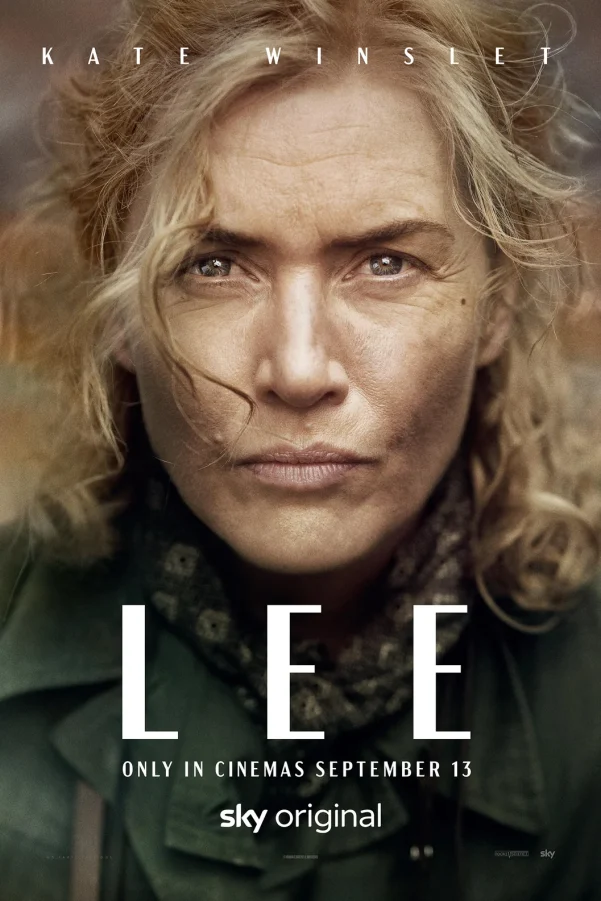
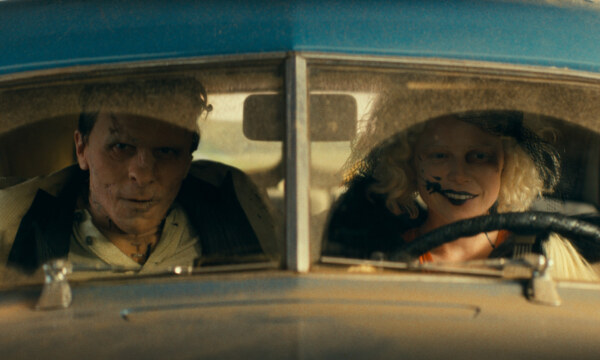
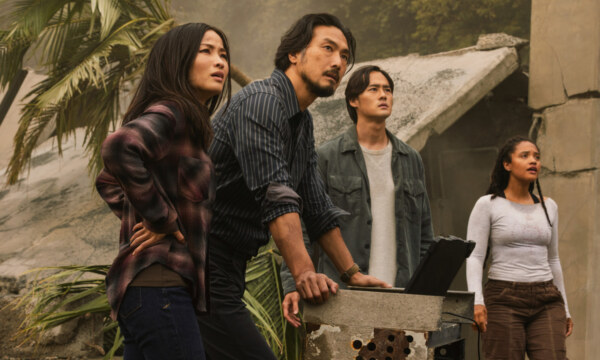
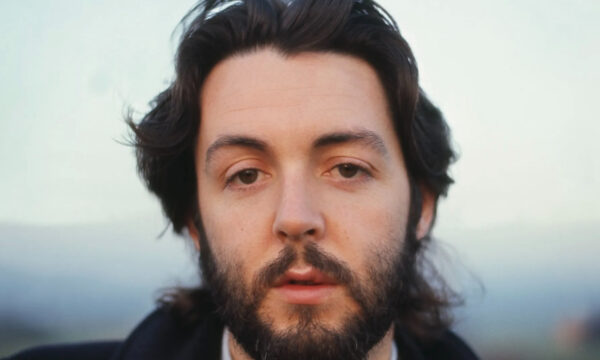

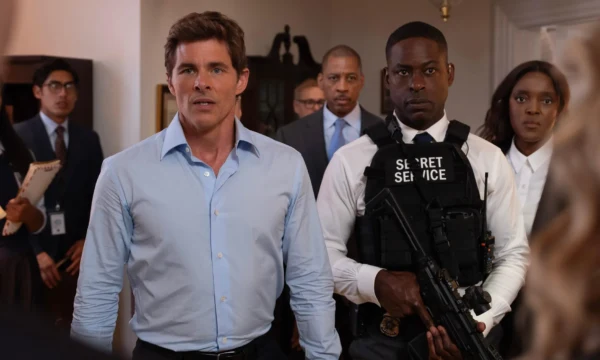
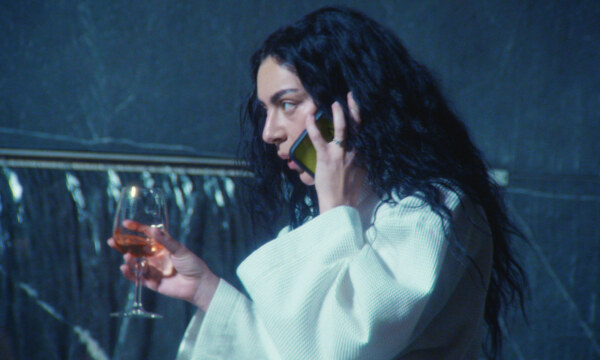
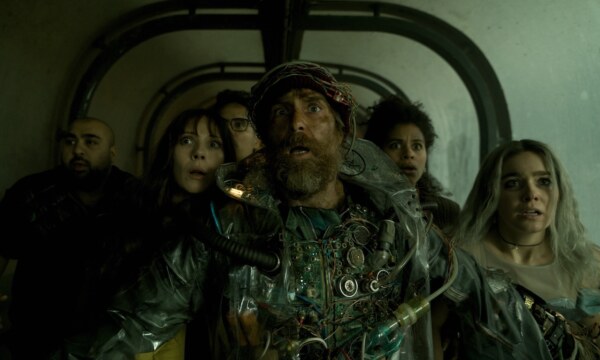
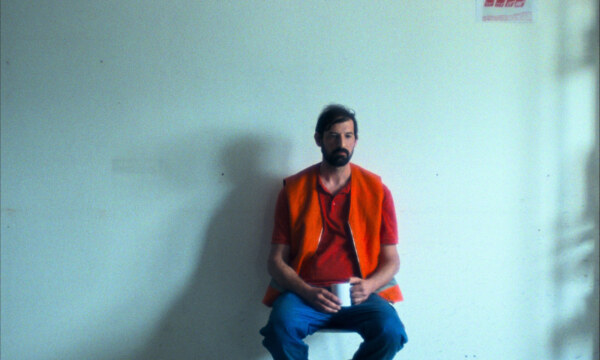
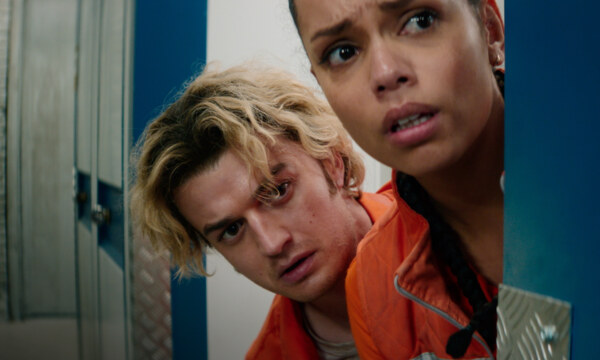
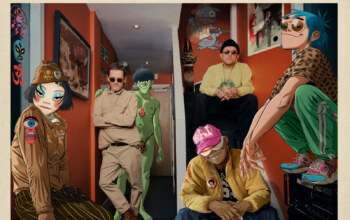

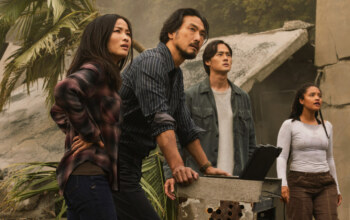
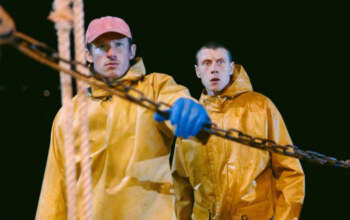






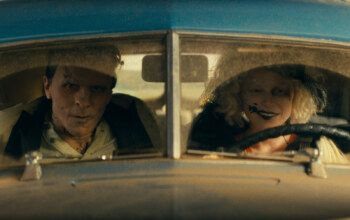

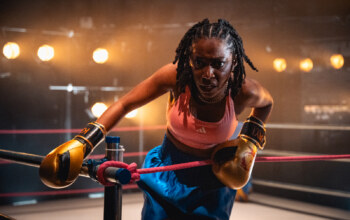


Facebook
Twitter
Instagram
YouTube
RSS